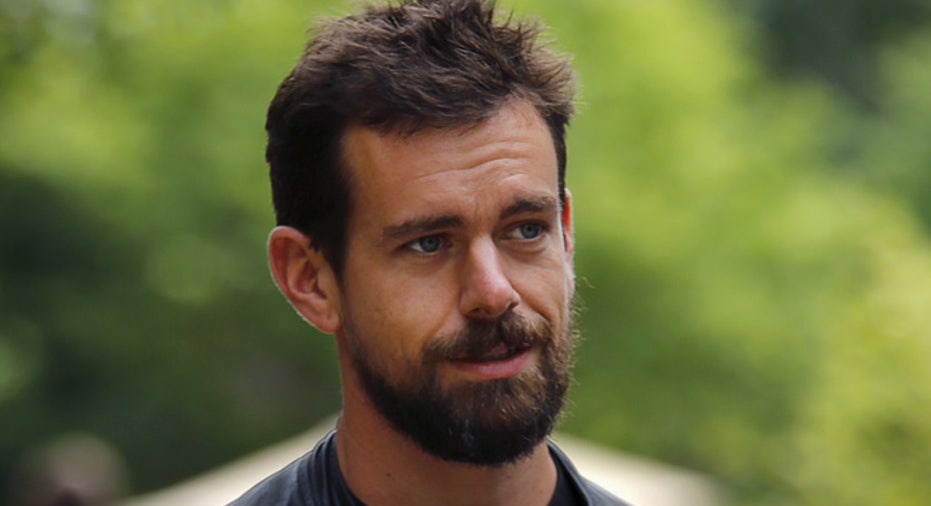Twitter's Executive Exodus Is Self-Inflicted

Twitter has been doling out extraordinary cash bonuses and restricted stock to retain employees in the face of a plummeting share price and a raging talent war in Silicon Valley, according to the Wall Street Journal. At least that’s how the company is positioning this unusual move. But that’s not the whole story.
The Journal reports that Twitter’s equity-based compensation as a share of total revenue was more than 30% in 2015 – nearly twice that of its nearest competitors, LinkedIn at 17% and Facebook at 16%. Even flailing Yahoo, which has experienced a similar brain drain and stock decline, is down around 9%.
No, this is not about competition for top tech talent or a relatively recent drop in share price. This is about a long-term, systemic problem with the social media company’s leadership.
Twitter has long been an outlier in terms of stock grants going back to its initial IPO filing in 2013. At that time, it was a function of former CEO Dick Costolo’s mercurial management style and peculiar predilection for shuffling executives in and out of the company and up, down and around the organization.
When we covered this back in 2014, Twitter’s equity compensation as a percentage of revenue was tops among the entire S&P 1500. Revenue has thankfully grown since then, but the problem persists because most of those stock awards stay on the books even as new awards are issued. It’s the gift that keeps on giving or, in terms of expense, taking from shareholders.
Unfortunately, this chronic issue seems to be continuing under Jack Dorsey who, six weeks ago, announced the departure of four more executives – the heads of engineering, product, media and HR.
Since its November 2013 IPO, the doors to Twitter’s executive suite have never stopped revolving. Nearly every position has been occupied by two or three different people.
Besides adding up to a ridiculous amount of restricted stock and compensation expense, this sort of executive churn is a bad sign. It’s a very bad sign. You expect to see that kind of turnover in a turnaround situation, not a relatively young company that’s just gone public.
No wonder the market has recently begun characterizing Twitter as a turnaround. But while the recent executive exodus under Dorsey may stem from that, the tumultuous brain drain of the previous years under Costolo is more likely a cause, not an effect.
According to the Journal, Twitter characterized its more than generous retention bonuses and restricted stock this way: “Developing, retaining, and recruiting top talent is critical to Twitter’s business success and building shareholder value. Competitive compensation, strong leadership, and a confidence in the direction of the company are all key elements to having top talent. We are investing in all three areas to ensure we maintain these employees.”
You’ll forgive me for saying that Twitter positioning these extraordinary measures as sort of standard operating procedure for retaining talent is nothing short of complete nonsense. Analysts and investors might want to take this Kool-Aid with an enormous lump of salt.
And speaking of “the direction of the company,” Twitter is still trying to figure out what it wants to be when it grows up. Yes, it is highly unusual for a company to go public before it knows what its business model is … or even what its product is, why users should use it, and why marketers should advertise on the platform, for that matter.
Clearly, the bright lights and intense scrutiny of Wall Street are no place for a company to find itself. That said, if Dorsey et al hope to turn this thing around someday, it would help to start owning up to their shortcomings instead of trying to sugarcoat them, even if just for lowly media and investor consumption.
But then, we’ve seen this sort of thing happen time and again with companies that have had their day in the sun and then begun to whither under the weight of systemic leadership issues. From Sun, Kodak and Xerox to Sprint, Yahoo and HP. They slowly fade into irrelevance under the ludicrous veil of prolonged turnarounds.
One can only hope that Dorsey has more sense and class than to take Twitter down that dark path.



















